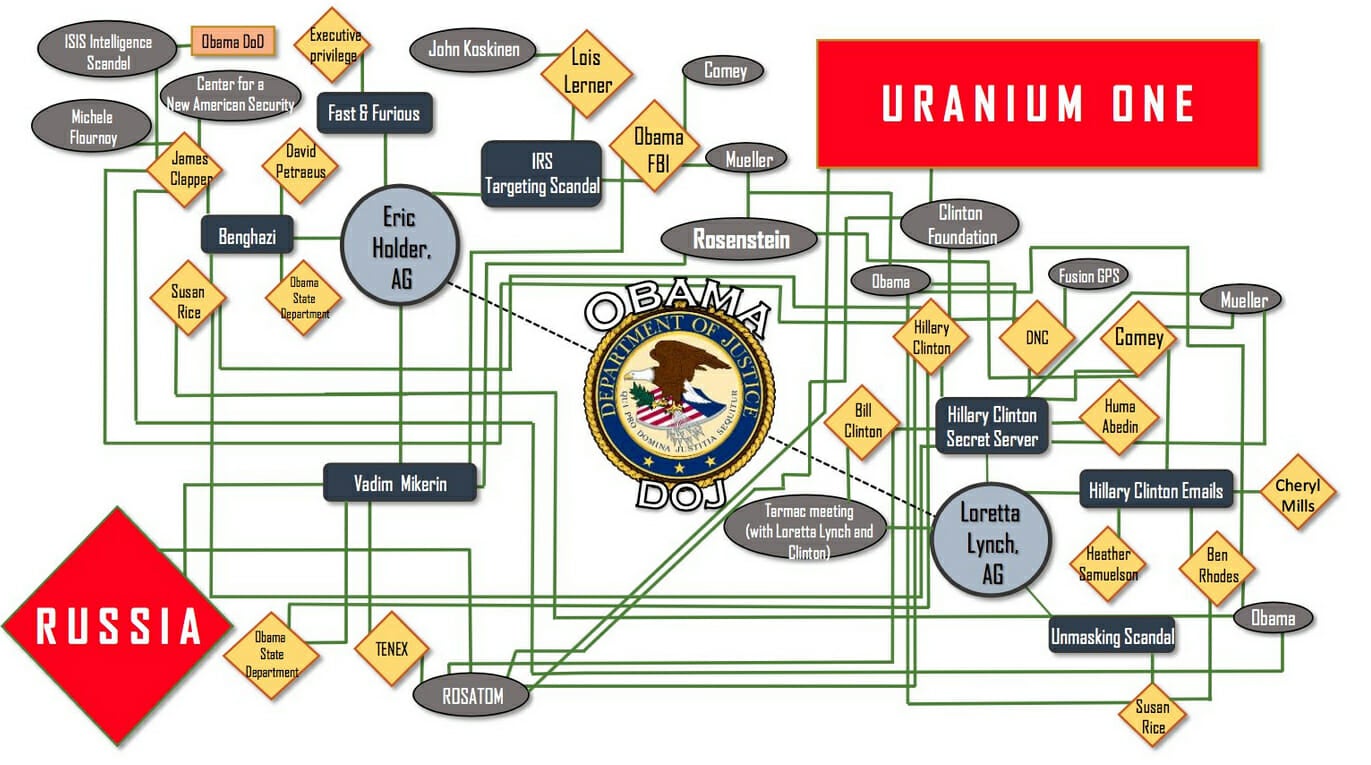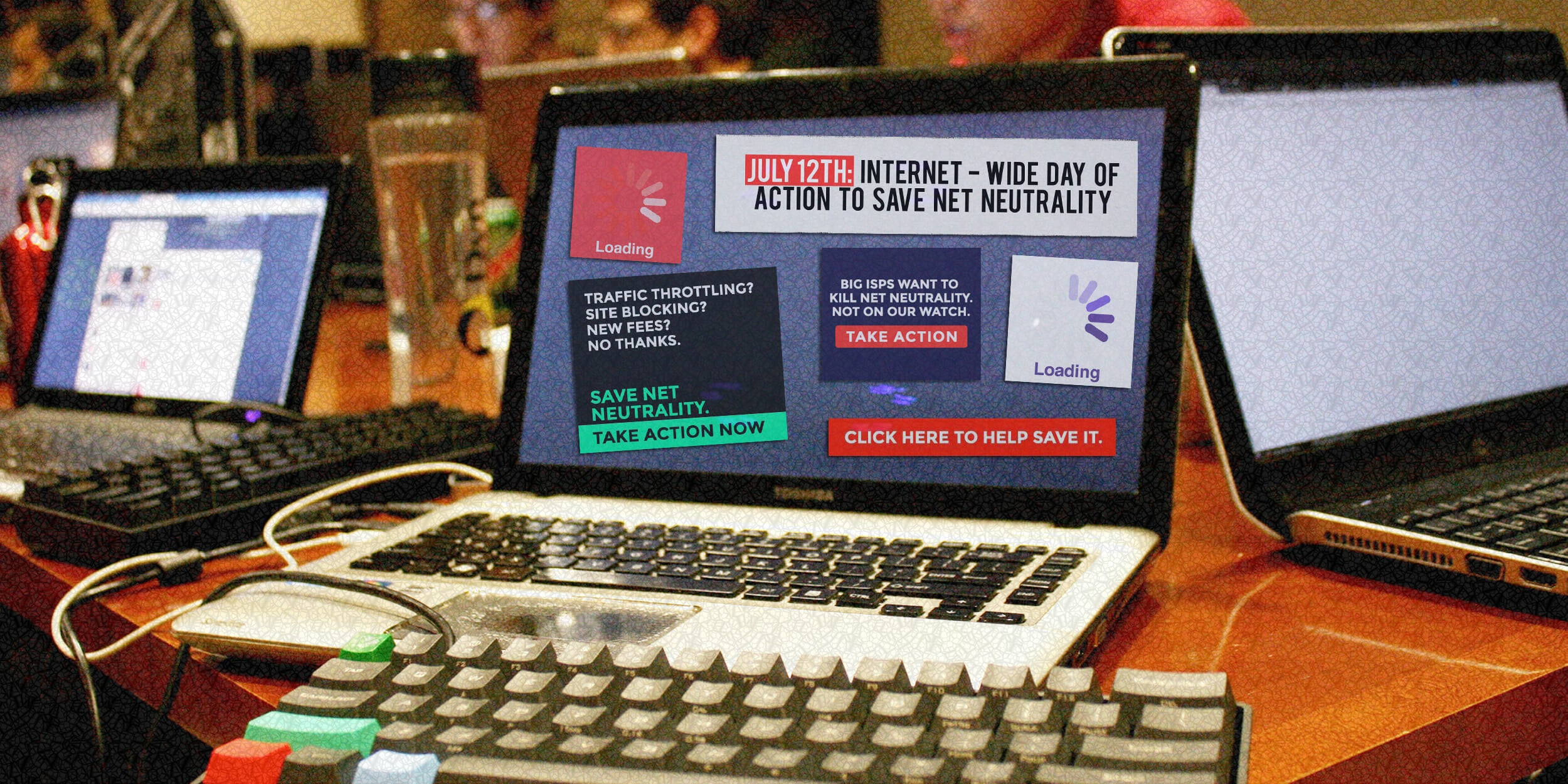Each year, families travel from across the country to gather together for a Thanksgiving dinner—and while everyone looks forward to the food, laughs, and booze, nearly every family has that guy who wants to talk politics before dessert is even served.
Given the political climate in America this holiday season, it’s likely those dreaded political arguments could be especially heated when that conservative uncle has one too many spiced ciders while waiting for the Thanksgiving turkey to finish cooking.
So, before you jump into the trenches of political argument warfare surrounded by your favorite side dishes, here are some basic facts about the biggest news right now—just in case you need to pull the “Actually…” card.
Russia investigation
Despite what you may hear (or not heard, as the case may be) from Fox News or other conservative media, the investigation into Russia‘s meddling in the 2016 election and possible ties to President Donald Trump‘s campaign is in full swing.
- There are actually four ongoing investigations: two in the Senate, two in the House, and one by the Justice Department. All are separate, but related, investigations into the Trump campaign, Russia, and election interference.
- The investigation making the most headlines is lead by Special Counsel Robert Mueller, who has already announced that three former members of Trump’s campaign have been handed charges as part of the probe.
- Former Trump campaign chairman Paul Manafort and his associate Rick Gates were charged with money laundering and other crimes. The charges are not directly related to the campaign, but some believe the indictments could be used as leverage to gain information from them that is.
- Meanwhile, former foreign policy adviser George Papadopolous admitted that he lied to the FBI about contacts he had with people who had ties with the Russian government and tried to set up a meeting between Russia and the Trump campaign.
- The various investigations have targeted a number of higher-ups in Trump’s orbit including the president’s son Donald Trump Jr., son-in-law and White House adviser Jared Kushner, former National Security Adviser Michael Flynn, and others.
- The U.S. intelligence community has determined that Russia interfered in the election by, at the very least, attempting to sow discord among Americans ahead of the election. Russian actors used Facebook, Twitter, Google, and other social media to stir the pot, according to these companies, and some of the ads bought on those platforms have been released by Congress.
- Trump reportedly thinks Mueller’s investigation is nearing its end, but many experts believe the opposite. Also remember, Mueller’s investigation is wide in scope and is expected to examine whether Trump obstructed justice by firing former FBI Director James Comey earlier this year.
Uranium One
Get your tinfoil hats and get ready to knock back another pumpkin spice martini before trying to argue this one. It’s a doozy.
- The right is arguing that the so-called Uranium One deal is somehow equal to the investigation into Russian meddling in the election, but it’s not. Let’s start off by saying the whole conspiracy has its roots in a 2015 book by Breitbart senior editor-at-large Peter Schweizer called “Clinton Cash,” and it impolies wrongdoing by Hillary Clinton, former President Barack Obama, and even Mueller.
- In 2009, Rostatom, Russia’s nuclear agency, began buying shares of Uranium One, a Canadian mining company. A year later, Rostatom wanted to buy 51 percent of the company, which does work in the United States. Rostatom fully took over Uranium One in 2013.
- The later deals needed to be approved by the Committee on Foreign Investment in the United States (CFIUS), and the State Department—where then-Secretary of State Hillary Clinton served as part of the Obama administration. Jose Fernandez, then-assistant secretary of state for economic, energy and business affairs, has said Clinton never intervened with him on any CFIUS matter.
- Former Uranium One investor Frank Giustra donated $141 million to the Clinton Foundation—however, he sold his stake in Uranium One three years before the deal, which is also one year before Clinton served as secretary of state.
- The right-wing conspiracy goes something like this: Clinton approved the Uranium One deal in exchange for large donations to the Clinton Foundation. Because Obama was president and Mueller was FBI director at the time of the deal, they’re somehow implicated. The conspiracy has gotten so out of hand that Attorney General Jeff Sessions reportedly has considered appointing a separate special counsel to investigate it. (He later said there wasn’t sufficient evidence to do so, however.)
- In fact, there is zero evidence of any quid-pro-quo occurring, despite attempts by some lawmakers to make people believe otherwise. For example, Rep, Louie Gohmert (R-Texas) showed off a bizarre, incoherent chart to try to illustrate the deal.

Roy Moore
While you’d think this would be easy—just don’t vote for someone accused of child molestation and rape—some on the right, including Trump, have implied that Moore is still a better choice than a Democrat, particularly because he denies any wrongdoing.
- Republican candidate Roy Moore is running for an Alabama Senate seat against Democrat Doug Jones.
- Numerous women have come out in recent weeks to say Moore engaged in sexual misconduct with them. Some of those women were underage at the time. One woman said he sexually assaulted her when she was 14 years old, and another woman said Moore attempted to rape her behind an Alabama restaurant when she was 16. Other women said he pursued relationships with them when they were young but did not engage in any sexual overtures.
- In light of the stream of claims against Moore, the Republican National Committee has withdrawn its support for Moore and several prominent Republicans have called on him to drop out of the race.
- Moore has vehemently denied what the women have said, painting the allegations as “fake news” orchestrated by the “Obama-Clinton Machine.” This has created a lot of uncertainty should Moore still win in Alabama. Real Clear Politics shows that an average of polls has Jones leading Moore by just 0.8 points with Jones garnering 46.8 percent of the vote and Moore securing 46 percent of the vote.
- On Tuesday, Trump—who also stands accused of sexual misconduct by more than a dozen women—defended Moore by saying “we don’t need a liberal person” in the Alabama Senate seat, adding that Moore denies the claims and that “you have to listen to him also.”
Republican tax bill
While less abrasive than some of the other political topics that are sure to come up around the Thanksgiving dinner table, this one arguably has the most substantial impact on Americans.
- The Republican tax bill is called the “Tax Cuts and Jobs Act,” although reports indicated that Trump wanted it to be called the “Cut, Cut, Cut Act.“
- The legislation will dramatically cut taxes for corporations and eliminate the estate tax–making some critics believe it is largely benefitting wealthy Americans, not the middle class. The Tax Policy Center found that by 2027, the top 1 percent of Americans would get half of the benefits in the House version of the bill.
- In the House version of the bill, which was passed last week, the corporate tax rate would drop from 35 percent to 20 percent.
- As the Washington Post points out, 92 percent of Americans would not see many changes in their taxes for at least five years.
- The bill would also impact college students. Currently, students can deduct up to $2,500 in student loan interest, but that benefit would go away in 2018.

Net Neutrality
The net neutrality debate was just reignited on Tuesday when the Federal Communications Commission (FCC) Chairman Ajit Pai, an appointee of Trump, announced his plans to dismantle net neutrality rules—despite a majority of Democrats and Republicans supporting a free and open internet.
- Net neutrality is a founding principle of the internet that essentially means all internet traffic needs to be treated equally.
- In 2015, the Open Internet Order established net neutrality rules that require internet service providers (ISPs), like Verizon, to treat all data delivered to customers equally—preventing, for example, an ISP slowing down Netflix in favor of its own streaming service. Or charging more for internet packages to access certain websites.
- A poll earlier this year found that 60 percent of registered voters support net neutrality rules, while 23 percent did not have an opinion or did not know how they felt. The poll found support spread across party lines, with 61 percent of Democrats either strongly or somewhat supporting net neutrality and 59 percent of Republicans saying the same.
- Despite this, Pai has pushed for dismantling the Open Internet Order, calling the regulations “heavy-handed” and an obstruction for innovation and investment by ISPs.
- The FCC is scheduled to vote to repeal the net neutrality rules on Dec. 14. A nationwide protest against the FCC’s proposal to gut net neutrality will take place on Dec. 7.
Now you’re ready for your Thanksgiving debate
Remember, you can always try to start a “no politics during Thanksgiving dinner” rule, but let’s be honest—does that ever work?


